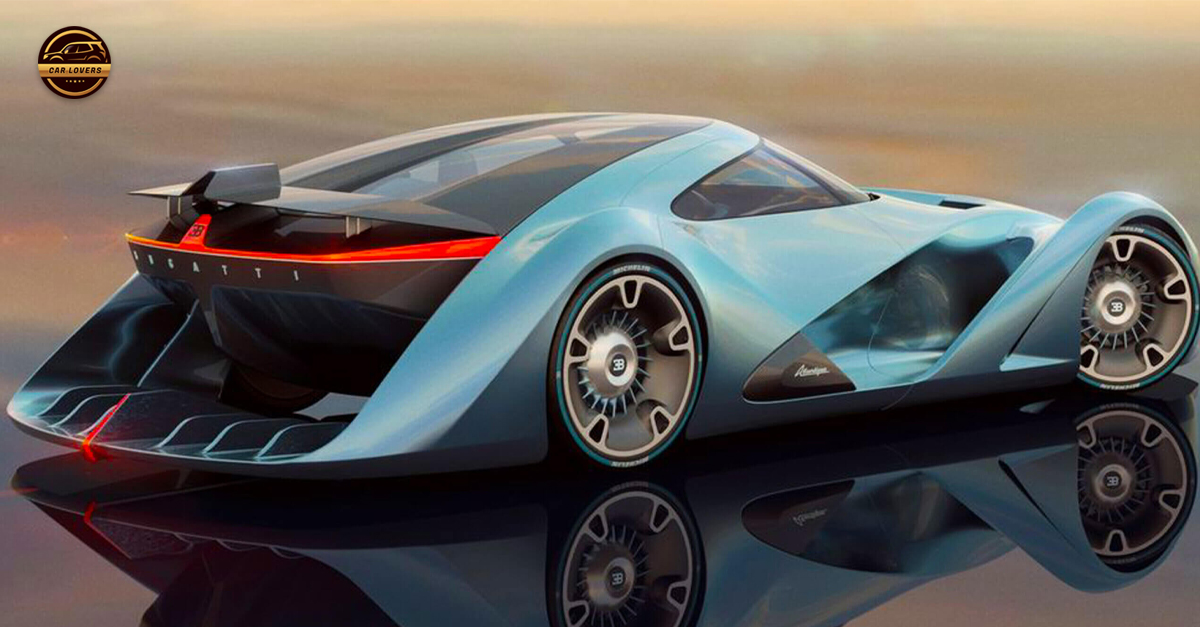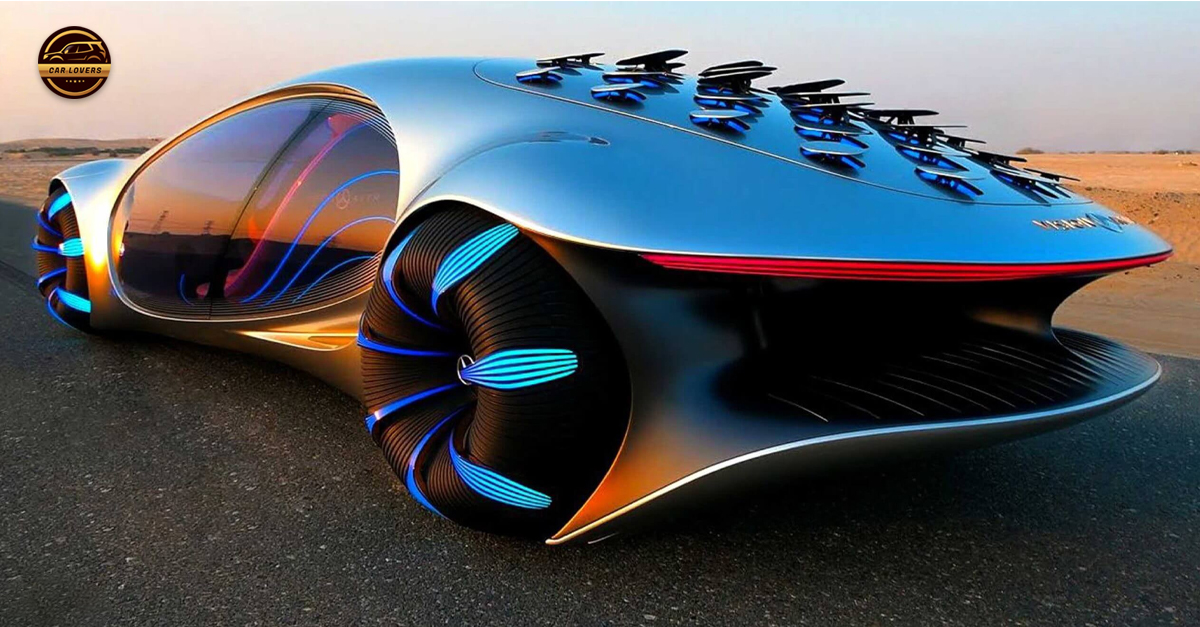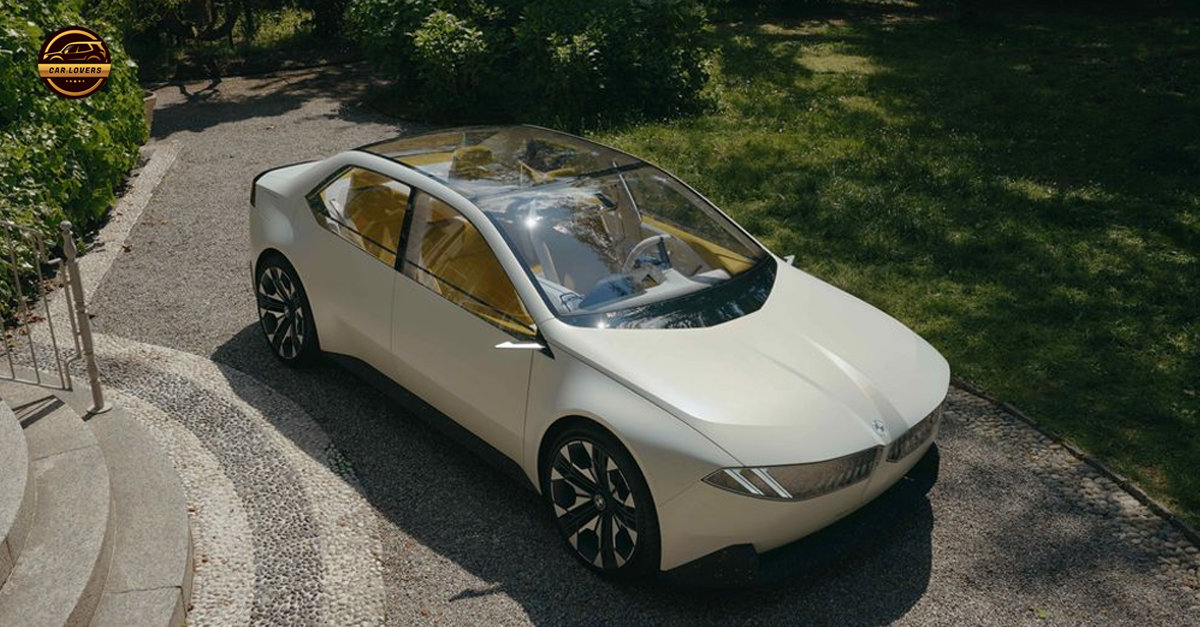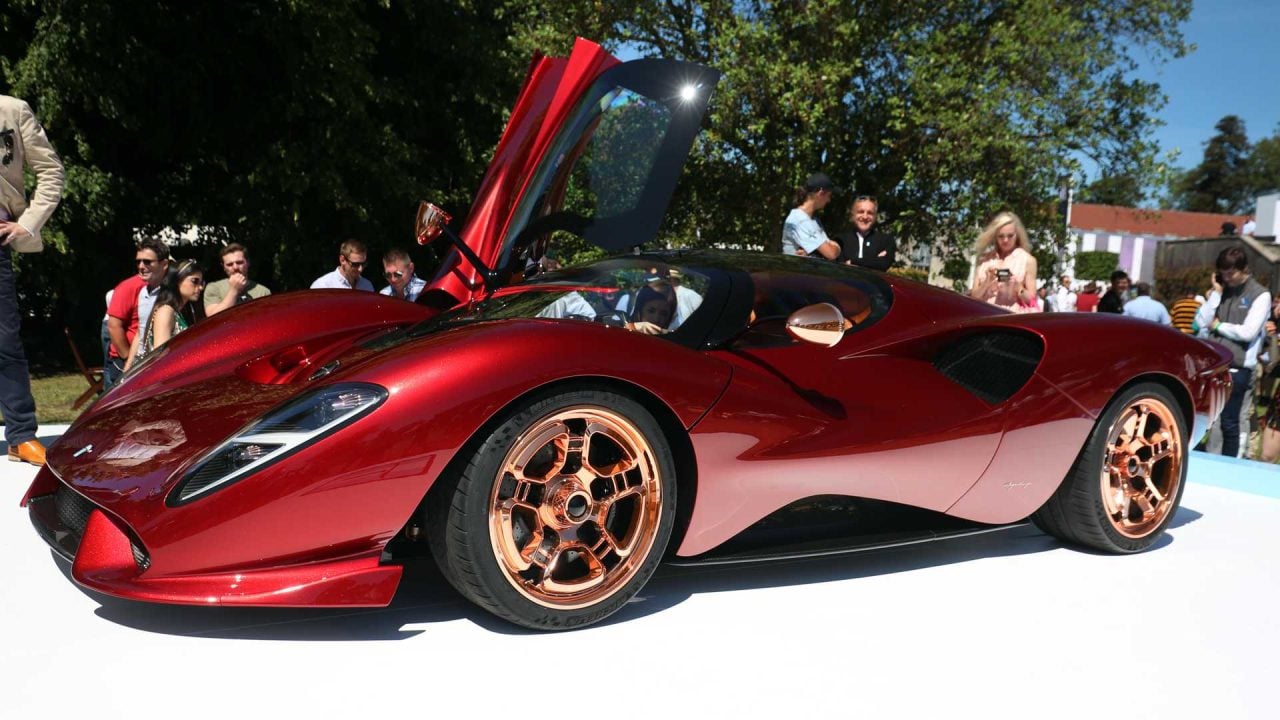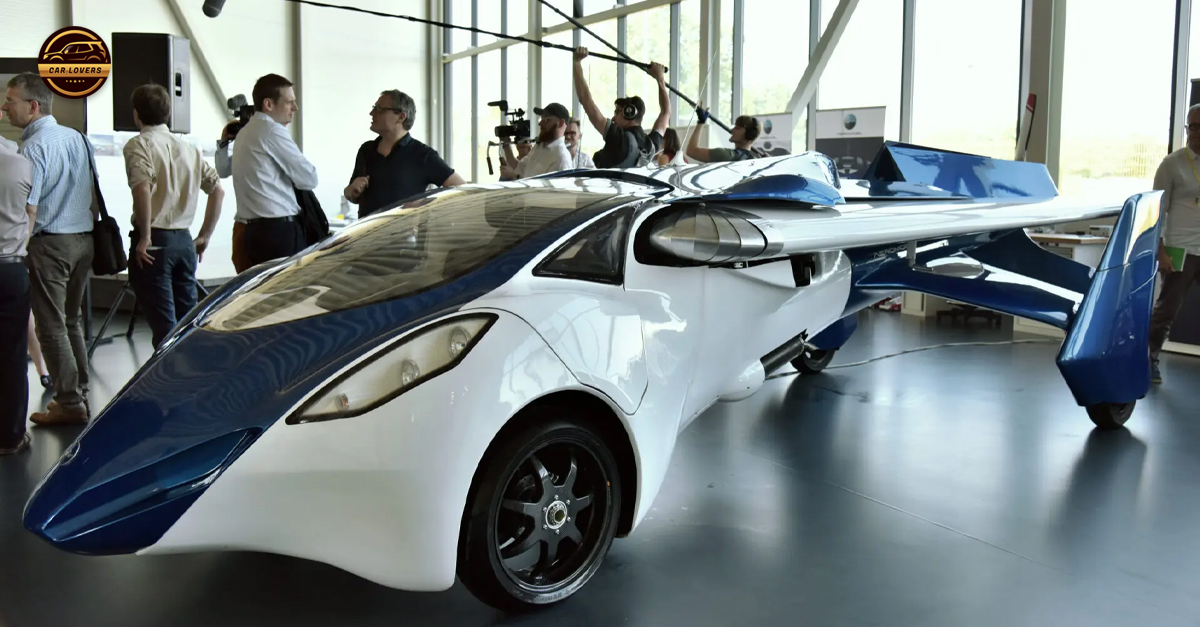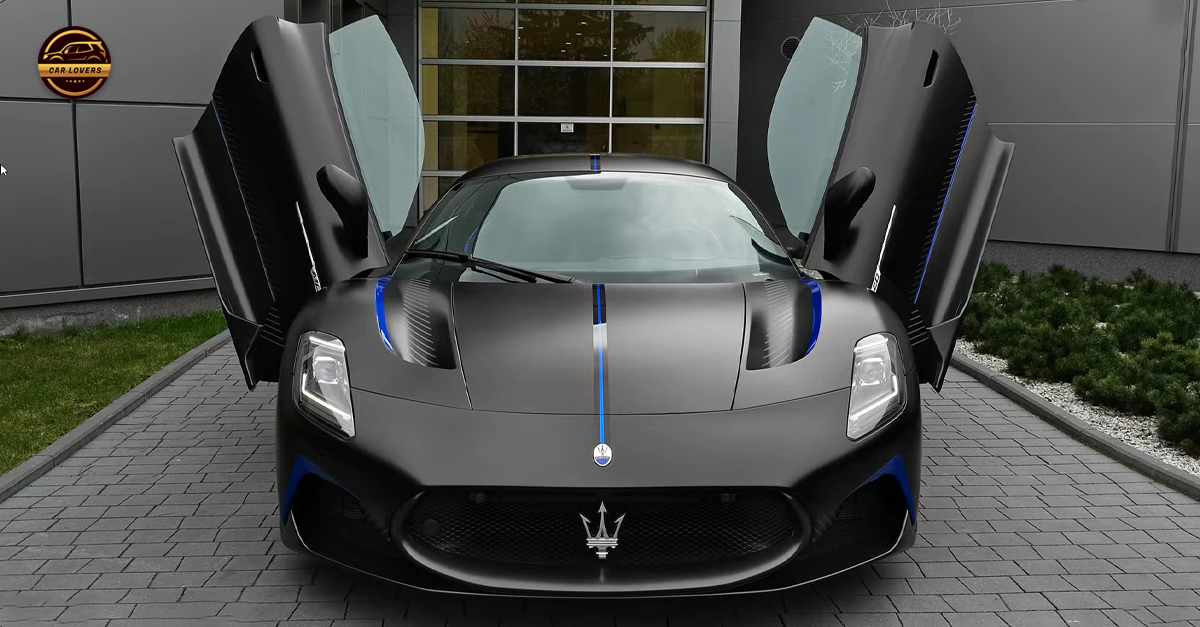The growing segment of small SUVs we dub “midcompact” covers all sorts of niches, including outdoor adventuring, sporty driving, family-friendly and more. With one imperfect exception, which we’ll get to later, there has yet to be a proper hybrid-powered entry. Well, that changes with the 2023 Toyota Corolla Cross Hybrid.

As the name implies, it is based on the rather unremarkable 2023 Corolla Cross that doesn’t satisfy any niche beyond attempting to woo people who had positive associations with a Toyota Corolla. It could benefit from having its own thing, and crushing its competitors’ fuel economy does just that. EPA-estimated fuel economy is 45 mpg city, 38 mpg highway and 42 mpg combined. That’s up from the regular, all-wheel-drive Cross’ estimate of 30 mpg combined, which was already tied with the 2.0-liter Subaru Crosstrek for class-leading – most competitors are admittedly only 1 or 2 mpg behind. According to EPA fuel cost estimates, you could save about $500 every year by opting for the Cross Hybrid.

You’ll also be getting a significant performance advantage, at least compared to the regular Cross. The Cross Hybrid comes with Toyota’s fifth-generation hybrid powertrain also found in the impressive 2023 Toyota Prius. Specifically, the all-wheel-drive version that adds a third motor to power the rear axle. Like the all-wheel-drive Prius, total system output is 196 horsepower, which is up from 169 in the gas-only Cross. That’s the difference between the Corolla Cross being one of the slower vehicles in the segment and the Cross Hybrid being one of the quicker ones.


Of course, “quicker” is not the same as genuinely quick. If you want that, a turbocharged Kia Seltos or Mazda CX-30 is the way to go. But it certainly gets up to speed with greater urgency than a Honda HR-V or 2.0-liter Crosstrek, and acceleration is sufficient for the segment. It also benefits from that improved, fifth-generation hybrid system’s extra electric motor application off the line and smoother gas engine engagement.

Unfortunately, the engine’s engagement might be smoother than past Toyota hybrids, but the omnipresent drone whenever you get back on the throttle is still there, and it gets old quickly. Interestingly, the new Prius does not do this, or rather, the sound seems buried deep within the engine bay. It was one of the reasons the new Prius impressed so much. We suspected the Corolla Cross simply had less sound deadening, but Prius chief engineer Satoki Oya said the noise difference is really the result of the otherwise equal Prius engine having an extra balancing shaft that reduces noise and vibration. The Corolla Cross actually has more sound deadening to remove some particularly unpleasant frequencies, but it’s quite obviously not enough to fully compensate.

The Corolla Cross Hybrid is exclusively available in what traditionally have been considered sporty Toyota trim levels – SE and XSE – as well as a new S base trim level pictured above. These aren’t available in the regular Cross. A sport-tuned suspension is the only mechanical upgrade that comes with these trims, besides the performance upgrade. I admittedly have not driven a standard Corolla Cross, so I cannot comment on the difference, but “sport-tuned” is a relative term. The Hybrid doesn’t wallow about, but nothing about the experience says “sporty.” The inert responses from the steering certainly don’t help, though at least putting the car in Sport mode adds a dollop of extra weighting. That’s not something you’ll find in the regular Corolla Cross.

Most buyers will not care about these critiques of its lukewarm dynamics, and will happily take the huge fuel economy figure and perfectly competent control responses. This is a simple, easy-to-drive commuter car. It doesn’t even have a weirdo gear selector like a Prius or most other Toyota hybrids.

The S/SE/XSE trims do provide the usual visual upgrades on top of hybrid-specific enhancements. Chief among those is the new face, the differences in which you can see below with the regular Cross on the right in green. Basically, the trapezoidal grille has drifted south to the bottom of the fascia and is adorned in glossy black trim, while a protrusion juts out from between the headlights like a button nose. The Toyota badge rests within it curiously finished in black to match the SE’s all-black badging rather than the typical blue badge found on other Toyota hybrids. The Cross Hybrid looks more related to the RAV4, especially with the black contrast roof available as a $500 stand-alone option on the SE and XSE.




Differences at the rear are effectively restricted to glossy black trim on the lower bumper in place of the usual matte black plastic accented with a body-colored trim panel. “Roof rails” are included on the SE and XSE, but they’re really just elevated trim pieces with fixed crossbars bolted into them. There are also unique wheel designs, available in 17-inch (S and SE) and 18-inch sizes, and the gold “Acidic Blast” paint color you see here is a Hybrid exclusive.

The interior is carried over from the Corolla Cross apart from unique upholstery. A black fabric accented in gray is obligatory on the S (two bottom photos above), and is one of two choices on the SE along with a black/blue combination. The XSE (pictured above) has SofTex vinyl upholstery in all black or a black accented in blue.
Every 2023 Corolla Cross now gets Toyota’s latest infotainment system, which gets quicker responses and a more modern look (yay) but loses its user-friendly physical menu buttons (boo). The screen still measures 8 inches, which now seems a bit small. The XSE has a digital instrument panel, which is increasingly standard issue in this segment – a fact made obvious when you get into the S or SE and are faced with plain-Jane analog gauges that don’t even feature the usual Toyota hybrid power meter. There’s just a tach that crashes to zero when you come to a stop or the electric motor is solely powering the car.


These instruments are indicative of a cabin that in general lacks the panache of most competitors – especially the lovely new HR-V cabin and tech-filled 2023 Kia Niro. Ah yes, that would be the other hybrid that now resides in this segment after it grew significantly with its 2023 overhaul. It’s an imperfect comparison, but it’s still a tough one for the Cross Hybrid. The Niro doesn’t offer all-wheel drive, which is the only way to get the Corolla Cross Hybrid, and is slower despite relying on a traditional automatic transmission that helps it avoid the Cross’ droning issues. It also doesn’t sit as high off the ground (the Cross Hybrid has a decent 8 inches of ground clearance) and generally looks less like an SUV. Nevertheless, the Niro is sharper to drive and gets 53 mpg combined. That’s not as big of a fuel economy jump as it may seem, but it should still equal a few hundred bucks per year.

The little Kia also has a substantially larger back seat than the Toyota – in the Corolla Cross, full-sized adults sitting front-and-back may find their knees grazing the dash and front seat, respectively. Cargo space on paper would seem to favor the Corolla Cross by a couple of cubic feet (the Hybrid has the same 21.5 cubic-feet as the AWD regular Corolla Cross), but the Kia has a more functional space in practice. Neither has a spare tire – a chunky wiring harness needed for the extra rear motor snakes through the area where the regular Cross’ spare would be, leaving a vast, useless chasm filled with gray foam.

Pricing is similar between the two – the Kia starts lower but goes higher, but it should since it’s available with a lot more equipment on its upper end. The Cross Hybrid starts at $29,305 for the S, including the $1,335 destination charge. The SE goes up to $30,625; the XSE to $32,400. Those estimates are roughly $4,000 more expensive than the comparable regular Corolla Cross trim levels. That’s way more than you’ll likely be able to pay back using fuel savings alone, but then you’re also getting more thanks to the extra performance, style enhancements and, presumably, a slightly more engaging driving experience.

There’s also the matter of the 2023 Toyota Corolla Cross Hybrid generally being the more competitive vehicle, or at least better able to stick out among a crowded field of interesting, well-rounded players. Its high fuel economy is a big deal, as is its standard all-wheel-drive system. Nothing else offers that combination at its price and size. Would putting snow tires on a Niro be a better bet? Maybe. How about paying a bit more for a RAV4 Hybrid that starts around $31,000? Yeah, probably. So, not exactly a ringing endorsement. But hey, that Acidic Blast paint and the black roof looks pretty darn cool. There’s that.
